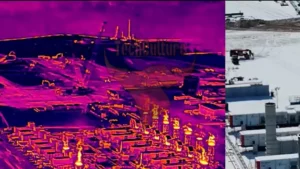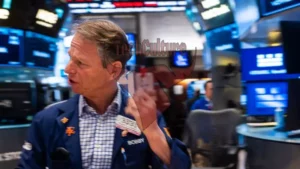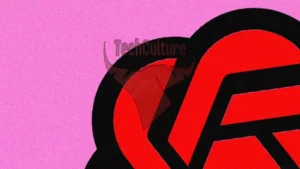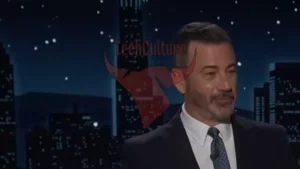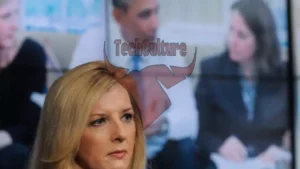Coca-Cola’s AI-Generated Holiday Ad Sparks Controversy
Coca-Cola has unveiled a new holiday advertisement, reimagining its iconic 1995 “Holidays Are Coming” commercial using generative AI technology. The release has ignited a heated debate among consumers and industry observers, with many expressing disappointment over the departure from the beloved original.
The 1995 ad, a holiday staple for nearly three decades, holds a special place in the hearts of many viewers. Critics argue that the AI-generated remake diminishes the nostalgic value of the classic commercial. Social media platforms have been flooded with comments from disgruntled fans questioning Coca-Cola’s decision to replace human creativity with artificial intelligence.
This marks Coca-Cola’s first fully AI-generated advertisement. The initial 15-second clip features AI-created visuals of Coca-Cola trucks traversing snowy landscapes, retaining the original jingle but drawing criticism for its artificial appearance. A full-length version, later published in Adweek, has been described by some observers as resembling a kitschy, filtered painting with uncanny visuals and short shots.
Coca-Cola’s advertisements have long been considered significant cultural events, with the company investing heavily to maintain its status. The shift towards AI-generated content has raised concerns about the future of human creativity in advertising. Javier Meza, Coca-Cola’s European chief marketing officer, cited efficiency and cost-saving as primary motivations for employing AI technology, framing it as a way to modernize the classic ad for contemporary audiences.
While the new ad has generated significant engagement, not all feedback has been positive. Some viewers have questioned whether the AI-generated content captures the true spirit of the holidays as effectively as its predecessor.
This controversial move by Coca-Cola reflects broader trends in media and advertising toward automation and efficiency. As the debate continues, it remains to be seen how this shift will impact the creative landscape and consumer perceptions in the long term.
